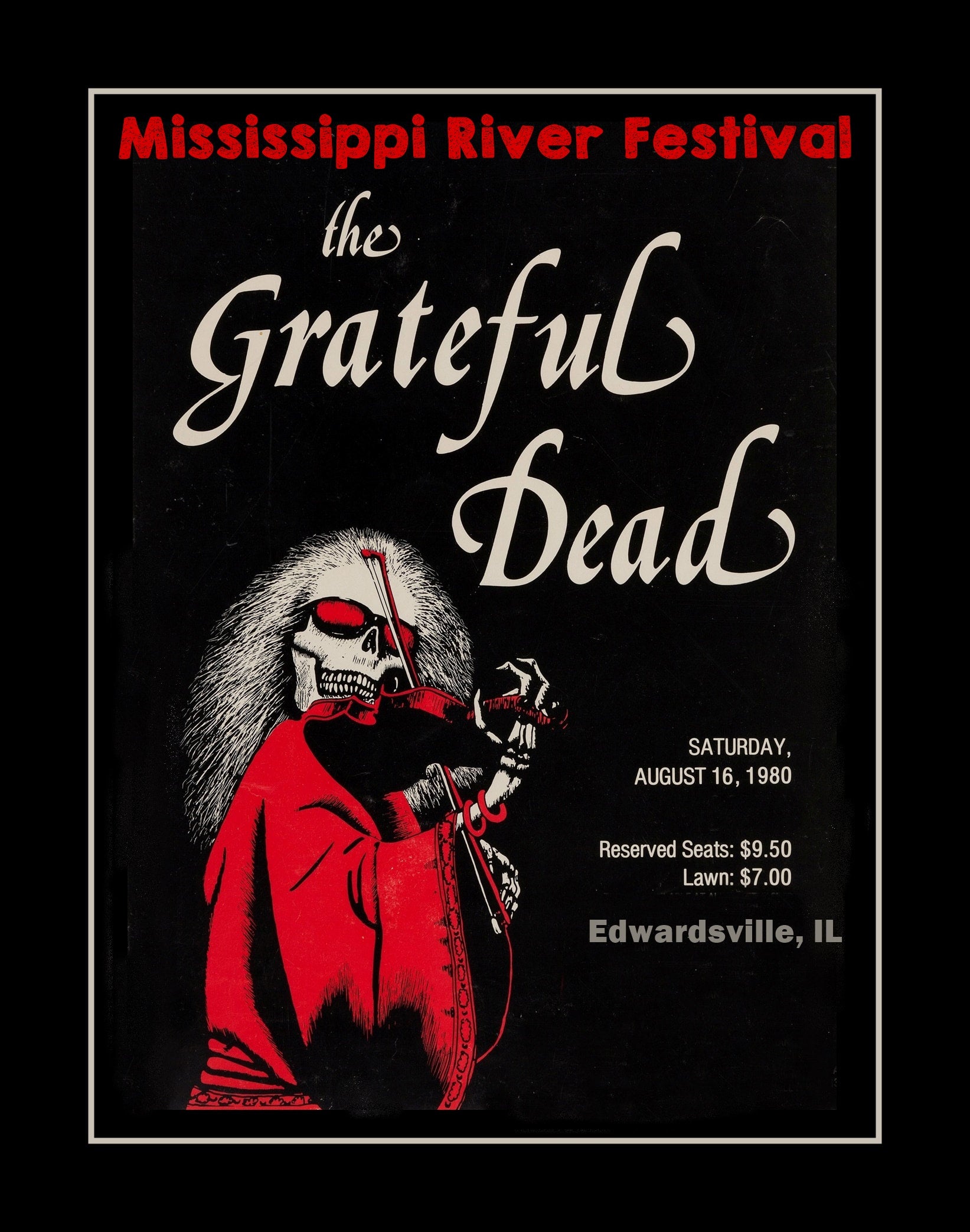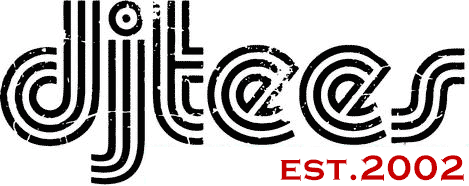Your Cart is empty
Subtotal£0.00
Your order details
Your Cart is empty

The Mississippi River Festival was a summer outdoor concert series held from 1969-1980 on the campus of Southern Illinois University in Edwardsville, Illinois. The Festival was notable due to its central midwest location, the natural ambience of its outdoor venue and some of the biggest bands of the day. It wasn’t a festival in the traditional sense, more a headliner and maybe a support act.
It began as a partnership promoting regional cooperation in the performing arts. Southern Illinois University Edwardsville invited the St. Louis Symphony to establish residence on campus and to offer a summer season of concerts. To host the symphony, the university created an outdoor concert venue within a natural amphitheater by installing a large circus tent, a stage, acoustic shell, and a sophisticated sound system. That sounds ideally suited for rock bands too, doesn't it?
So to appeal to the widest possible audience, the university included contemporary popular musicians in the series of shows. Hence the longhairs and groovy rock n rollers also turned up to get their freak on, baby.
The Who, Yes, Chicago, Eagles, and the Grateful Dead shows were especially heavily attended.
Some shows attracting crowds in excess of 30,000. Jackson Browne wrote two of his songs for the live Running on Empty album in a nearby Holiday Inn at the intersection of I-270 and Illinois Route 157. Now that’s some top notch trivia ain’t it?
In July 1969, Bob Dylan did a short surprise gig, together with The Band. It was actually his first performance since the legendary motorcycle accident in 1966 and so rather significant.
Across June and July '69, all of these bands played: Paul Butterfield Blues Band, Janis Joplin, Arlo Guthrie, Joni Mitchell, Iron Butterfly, Blues Image, The Band (Bob Dylan came out for the Band’s encore) and played four songs, Ian and Sylvia, New Christy Minstrels, Richie Havens, Joan Baez.
This period saw the counterculture develop at colleges, then transform into a more political agenda, or just fade away into fondly remembered student days recollections, so it was natural for places like the Southern Illinois University to be a hub for bands and youth culture more widely.
We will send you an email to reset your password.

